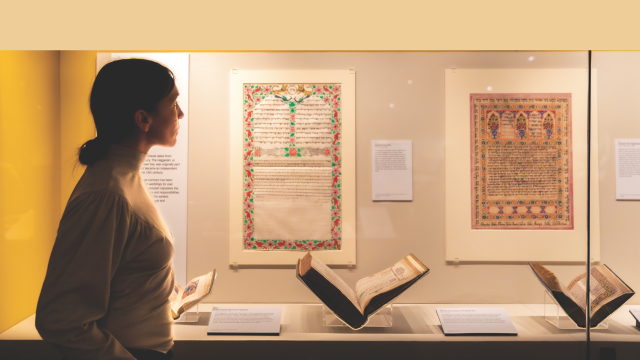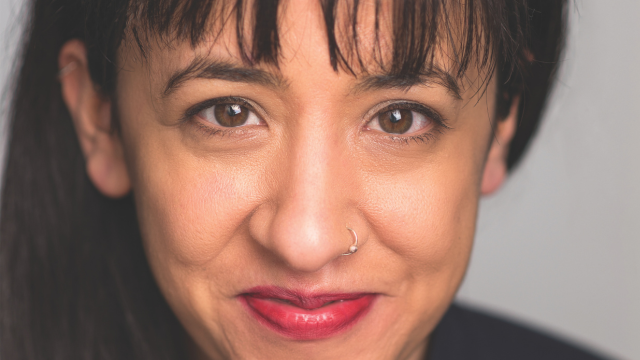-
QUALIFICATIONS
- For Linguists Worldwide
- For UK Public Services
- Preparation
- Policies & Regulation
-
MEMBERSHIP
- Join CIOL
- Professional Membership
- Affiliate Membership
- Chartered Linguist
- Already a member?
- Professional conduct
- Business & Corporate Partners
-
LANGUAGE ASSESSMENTS
- English
- All Other Languages
-
CPD & EVENTS
- Webinars & Events
- CIOL Conferences
- Networks
- CIOL Mentoring
-
NEWS & VOICES
- News & Voices
- CIOL eNews
- CIOL Awards
- The Linguist Magazine
- Jobs & Ads
-
RESOURCES
- For Translators & Interpreters
- For Universities & Students
- Standards & Norms
- CIOL & AI
- All Party Parliamentary Group
- In the UK
- UK Public Services
- Find-a-Linguist
NEWS & VOICES

The Linguist Editorial Board member Professor Binhua Wang invited several MA translation master’s students in Chinese to translate one feature article from each of the four issues of The Linguist in the past year. Each translation has been translated by one, then revised by another, and then proof-read by their translation tutor.
Binhua’s initiative seeks...

Translating her grandfather Shemsi Mehmeti’s novel, R B Castrioti learns what translation can reveal about ourselves, and others

Renata Towlson outlines a pioneering hybrid model of hospital interpreting that could improve patient outcomes
Nottingham University Hospitals NHS Trust is one of the largest acute teaching trusts in the UK. It is located across three sites, has over 18,000 staff and cares for 4-5 million patients each year. Its interpreting and translation services came...

How the British Library is approaching the delicate task of translating their archives.
By Nisreen Alzaraee

Covert languages often start with children, as with the M language in Malaysia
What the clandestine M language of Malaysia can tell us about secret languages around the world
By Norhaniza Nuruddin
The phenomenon of hidden languages is truly intriguing. These confidential communication methods often develop within groups, serving purposes...

As AI innovation snowballs, some developers are calling for a moratorium on new services. We asked stakeholders if the launch of new language-related AI should be put on hold.
John Worne, CIOL CEO
As language professionals, we find ourselves at what feels like a crossroads, where artificial intelligence is rapidly transforming our context. The...

Kashif Khalid traces the history, art and poetry of the language
According to 2022 estimates, Urdu is the tenth most widely spoken language in the world, with 230 million speakers, including those who speak it as a second language. The national language of Pakistan, it is widely spoken in India, as well as in various countries worldwide, including...

With her debut novel investigating the darker side of translation, the author discusses everything from positive changes in publishing to complicated relationships with language in diaspora communities
Could you tell us where you grew up and how your interest in languages began?
I was born in Oman and have vague memories of learning Arabic as...

By Romina Espinosa
Why in-house medical interpreting is better for our health
Medical interpreting is often done by freelancers, hired for one-off assignments, even if the patient has a chronic condition and/or needs several appointments and procedures. UC San Diego Health has an in-house team of six full-time English<>Spanish interpreters. Our...

By Gene Hsu
Gene Hsu considers approaches to song translation and proposes a comprehensive way to discuss the process
In popular music, song translation is used to help the target audience understand the source song, but the translations are often not singable. Some are produced by translators or songwriters, while others are done by internet users....
The Chartered Institute of Linguists (CIOL), Incorporated by Royal Charter, Registered in England and Wales Number RC 000808 and the IoL Educational Trust (IoLET), trading as CIOL Qualifications, Company limited by Guarantee, Registered in England and Wales Number 04297497 and Registered Charity Number 1090263. CIOL is a not-for-profit organisation.
